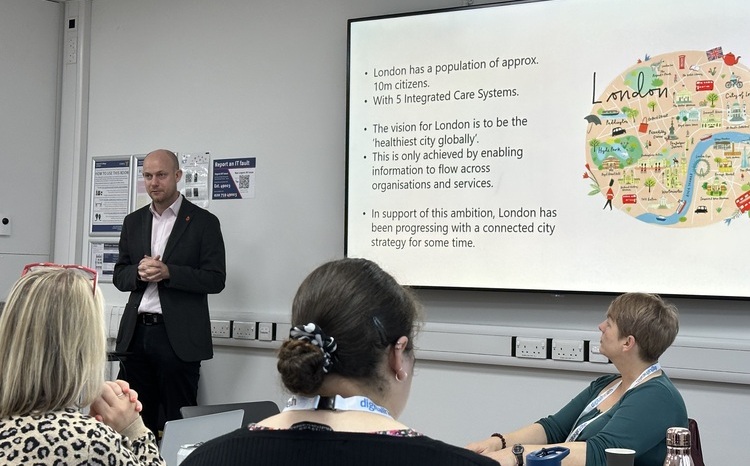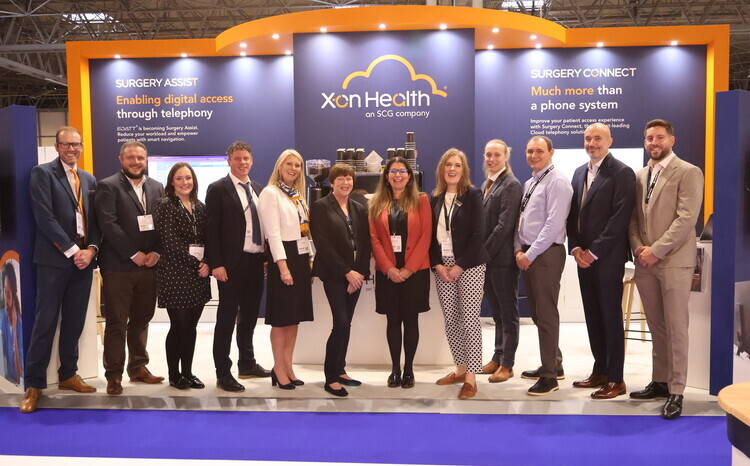Converge and win
- 15 February 2005
 How can we add value through the convergence of medical device technology and healthcare IT? And whose responsibility is it to identify the gains?
How can we add value through the convergence of medical device technology and healthcare IT? And whose responsibility is it to identify the gains?That was one of the questions posed at a session in the Frost & Sullivan Medical Technologies Europe 2005 Executive Summit held in London to explore the growing interdependence and technology convergence between healthcare IT and medical technology.
The expert panel assembled to discuss the issue was Michael Rosbach, vice-president healthcare information systems supplier, GWI AG; Paul Richards, operations director of iSOFT plc; Lorin David Kalisky, marketing and communications manager of medical device data integration specialists, Capsule Technologie and Paul Goss, director of Silicon Bridge Research Ltd. The discussion was facilitated by E-Health Insider director, Linda Davidson.
On the question of adding value, it was argued that healthcare organisations themselves were often in the best position to identify the gains from converging medical devices with IT systems. Manufacturers or software developers might achieve most by helping healthcare organisations to change the way they work, for example, to use data generated when devices connect effectively with IT systems or to capitalise on time saved in transferring results from devices to records.
A medical device researcher pointed out that anonymised data from devices used in hospitals could provide significant "added value" in the form of feedback to the industry for developing new products. It was agreed that modern IT systems were equipped to provide this kind of service, but problems over the ownership of data persist and clarification is needed on this issue.
Demonstrating that the problem is not insuperable, a delegate from the orthopaedic device industry pointed out that this specialty had received anonymised reports on the implantation and performance of orthopaedic devices for many years.
Another exciting prospect identified was the trend towards medical devices for self-care, such as heart and blood pressure monitors, which can transmit readings over IP or wireless networks for interpretation and feedback.
But there are problems, too – with standards. "The problem with standards is that there are just too many of them," quipped one speaker. There was some support for the view that England’s National Programme for IT, with its emphasis on standardisation, could help to make convergence between medical devices and healthcare IT easier.
Even the humble barcode – a technology now over 30 years old – still causes problems with one device manufacturer reporting requests for up to six peelable barcode labels to be placed on products.
It was felt there was also a role for integration specialists who could work with medical device suppliers and healthcare IT providers to achieve convergence. For some devices and IT systems a more radical route to convergence will be through mergers and acquisitions and there is a growing list of companies that have taken this option.
On the medical devices side, it was felt that PACS providers were doing impressive work on convergence, but in general there seems to be a long way to go.
E-Health Insider was a media partner for the event.




